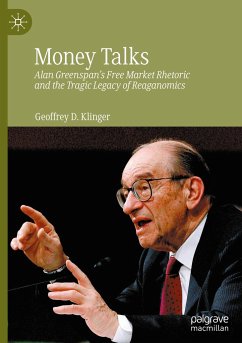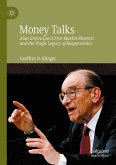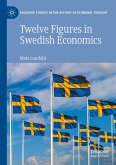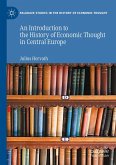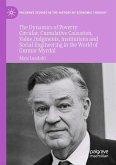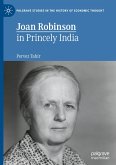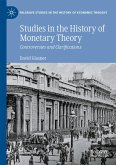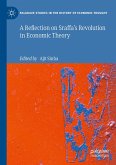This book explores the American freemarket economy, espoused by Alan Greenspan, the longtime chairman of the Federal Reserve, through decoding the discourse of economics. Combining an analysis of both economics and language, the legacy of Reaganomics is examined in relation to economic inequality, fiscal policy, public discourse, and the moral economy. How notions of easy money, conspicuous consumption, and unlimited economic growth were harnessed to justify the Free Market revolution is also discussed.
This book aims to highlight the drivers of modern inequality and economic distress. It will be relevant to students and researchers interested in the history of economic thought and economic discourse.
This book aims to highlight the drivers of modern inequality and economic distress. It will be relevant to students and researchers interested in the history of economic thought and economic discourse.

